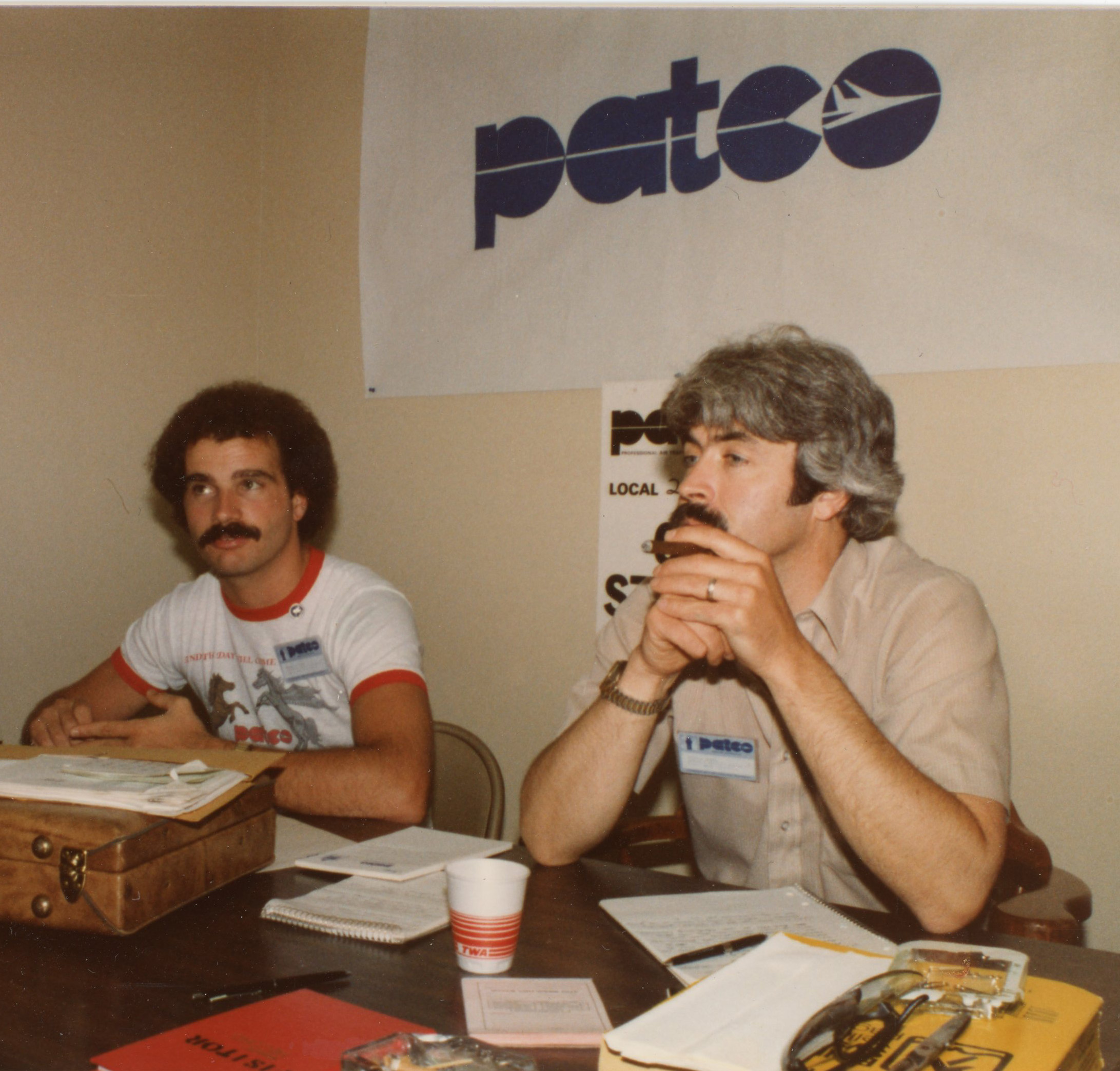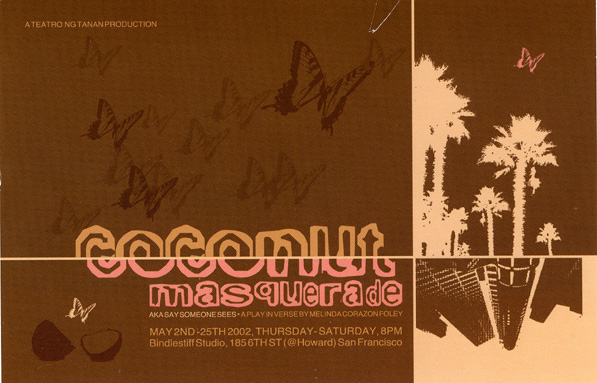Horace Pierce & Son Ledger
Starting out as a blacksmith in Royalston, Mass., in 1828, Horace Pierce established a successful pail manufacturory. Taking his son Milo as a partner, he employed a work force of eight by 1870, selling over $6,000 of pail annually with capital of nearly $3,500. Horace Pierce died in Royalston in 1883 at the age of 78.
This ledger includes records of work performed as a blacksmith (shoeing horses, fixing irons, mending sleighs, shovels, or chains, sharpening tools), records of manufacturing pails, forms of payment received (cash, labor, agricultural produce, wood, shoes, coal, and old iron), lists of customers, accounts of employees (monthly wages, charges for boarding, and days lost to work), and accounts of supplies purchased.


